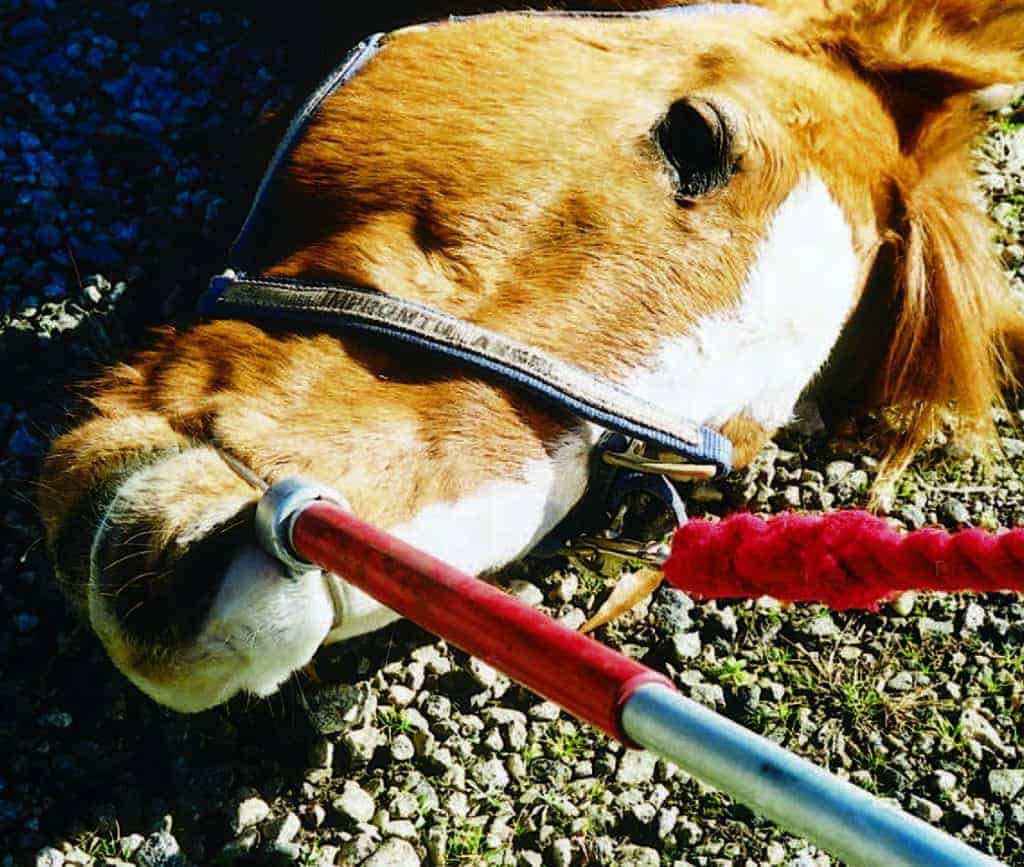International Equine Disease Report, Second Quarter 2016
Reported diseases include African horse sickness, herpesvirus, influenza, strangles, and equine infectious anemia.
Reported diseases include African horse sickness, herpesvirus, influenza, strangles, and equine infectious anemia.

Seventeen horses in that state have now tested positive for EEE so far this year.

Once an animal is affected, the disease is invariably fatal. However, rabies prevention is easy. Here’s what to know.

Cases were recently reported in Oklahoma, Minnesota, and Washington.

Cases have been confirmed in Larimer, Weld, LaPlata, Adams, Mesa, and Pueblo counties.

There are now 11 EEE cases and seven WNV cases in Wisconsin horses thus far in 2016.

While the incidence of rabies is low, the fatality rate is high: 100%. Learn how to protect your horse.

Equine rabies is invariably fatal once contracted but preventable if proper steps are taken.

World Rabies Day is Sept. 28. Look for articles and other content about rabies risk and learn how to protect your horses all week!

Two of the three newly confirmed horses were unvaccinated. The third has an unknown vaccination history.

The unvaccinated 3-year-old Standardbred mare from Bourbon County is recovering at an area hospital.

Arizona reported a WNV case, Michigan confirmed two EEE cases, and West Virginia found WNV and PHF cases.

Animal health officials in Florida, Washington, and Wisconsin confirmed new cases of mosquito-borne disease.

The unvaccinated Belgian filly from Clark County is reportedly recovering.

The unvaccinated 7?year?old Standardbred from Tuscarawas County was euthanized.

Two of the three WNV-positive horses were euthanized. The third is recovering and has a good prognosis for survival.
Stay on top of the most recent Horse Health news with
"*" indicates required fields